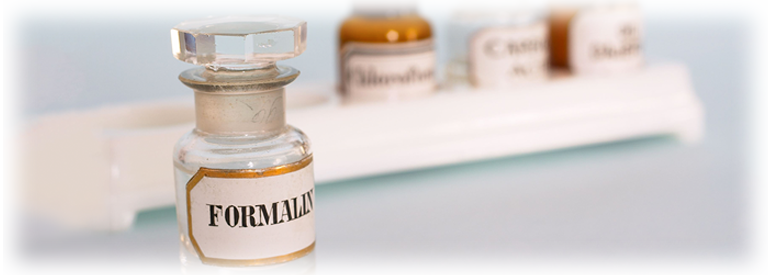
Embalming is a way to preserve the human body after death so as to delay or slow down the natural decomposition process for a few weeks or so.
Whether you are pre-planning your own funeral or making decisions after a loved one has passed, you will need to consider whether or not embalming is the right choice for you and your family.
Here are the answers to the questions that many of our clients have about embalming:
How is a body embalmed?
Embalming is a physically invasive process that involves injecting a preservation solution (the “embalming fluids”) and implanting special devices into the body.
For arterial embalming, the blood is removed via the veins and then replaced with embalming fluids via the arteries. For cavity embalming, a small incision is made in order to remove the natural fluids that are found in the chest and abdomen. These fluids are then replaced with the embalming fluids before the incision is closed.
After the embalming is complete the body can be cosmetically prepared for viewing. The body is dressed, hair is groomed, make-up is applied, etc. The embalming fluid contains pigments that return color to the deceased’s skin. It also “sets” the body and keeps it posed in position so it looks peaceful and at rest.
What is in embalming fluid?
Embalming fluid typically contains formaldehyde, glutaraldehyde, methanol, ethanol, phenol and water. Some of these chemicals, such as formaldehyde, are toxic.
Does embalming permanently preserve the body?
No. This is nothing like the ancient Egyptian process of mummification! Embalming merely delays the inevitable decay that happens after death.
Why choose embalming?
Because embalming preserves the body, it makes it possible for you to view your loved one for a longer period of time after their death. If you are not planning an immediate burial but plan to hold a viewing as part of the funeral, embalming is your best option. Embalming not only delays decomposition, it also gives the body what many consider to be a more “life-like” appearance.
Is embalming required?
If you are going to have an immediate, local burial or cremation, embalming is not necessary. In this case you should make arrangements for the mortuary to keep the body refrigerated until the funeral.
However, if you are going to ship the body out of California for burial elsewhere, state regulations require embalming.
Do all cemeteries permit embalming?
No. Some “green” burial grounds forbid embalming because the formaldehyde and other chemicals in the embalming fluid are highly toxic.
Do all religions permit embalming?
No. Some religions routinely permit embalming, others only allow it when required by law.
Christianity
Embalming is allowed in many branches of Christianity, including the Eastern Orthodox, Lutheran, Methodist, Mormon, Presbyterian, Quaker faiths.
Judaism
Embalming is forbidden unless required by law.
Islam
Embalming is forbidden unless required by law.
Hinduism
Embalming is allowed.
Buddhism
Embalming is allowed.
Sikhism
Embalming is permitted but is not typically performed because most Sikhs are cremated after death.
